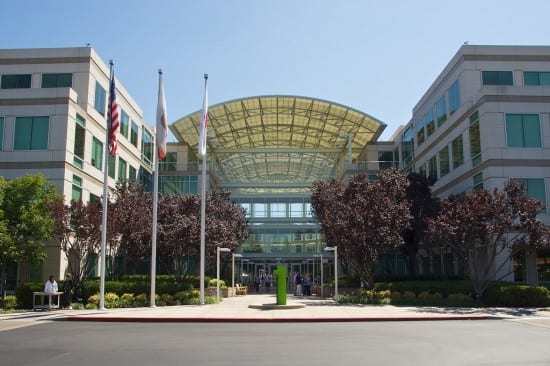Apple Inc. (NASDAQ:AAPL) has been found guilty of indulging in anti-competitive dealings by a Taiwanese court and fined TWD 20 million (US$ 647,124) as a result. Taiwan’s Fair Trade Commission (FTC) had earlier fined the Silicon Valley giant for demanding that its major Taiwan telecom partners obtain approval from Apple for pricing plans of iPhones before their public launch. The FTC considered this practice by Apple as a blatant violation of Taiwanese law.
Later Apple countersued and lost the case. The FTC spokesman stated that Apple prevented telecoms from assigning contract price for its iPhone 4, iPhone 4S, iPhone 5 and iPhone 5S models thus flouting the existing laws. Apple usually sells its iPhones in Taiwan through one among Taiwan’s three main telecom firms, Far EasTone Telecommunications Co Ltd, Chunghwa Telecom Co., Ltd (ADR) (NYSE:CHT), and Taiwan Mobile Co Ltd.
Chunghwa limited stated that it respects the FTC’s decisions; however, Apple, Taiwan Mobile, and Far EasTone refused to comment on the subject. The case was the first ever instance of Apple being fined for restricting its telecom partners from independently setting prices in any nation.
Email correspondence between Apple and the three telecom organizations revealed that Apple insisted on reviewing the three enterprises’ iPhone pricing plans in advance. The commission discovered that Apple required the firms to get its approval on iPhone subsidies, price differences between the old and new models as well as the content used in ads.
Apple has applied these tactics in many other nations but has met a roadblock in Taiwan. The Cupertino-based firm breached Article 18 of Taiwan’s Fair Trade Act, which clearly states that third parties have the right to set resale prices after buying goods from a company. In short, when the iPhone is shifted to a third party telecom, the vendor forfeits its right to assign rates.
As per analysts at International Data Corp, Apple is the numero uno smartphone vendor in Taiwan with a sizable 32% share in the market. Several Taiwanese firms manufacture components for or assemble Apple’s devices. Apple is obviously important for the Taiwanese economy. It still has the option of appealing against the adverse ruling by the Taiwanese court.









